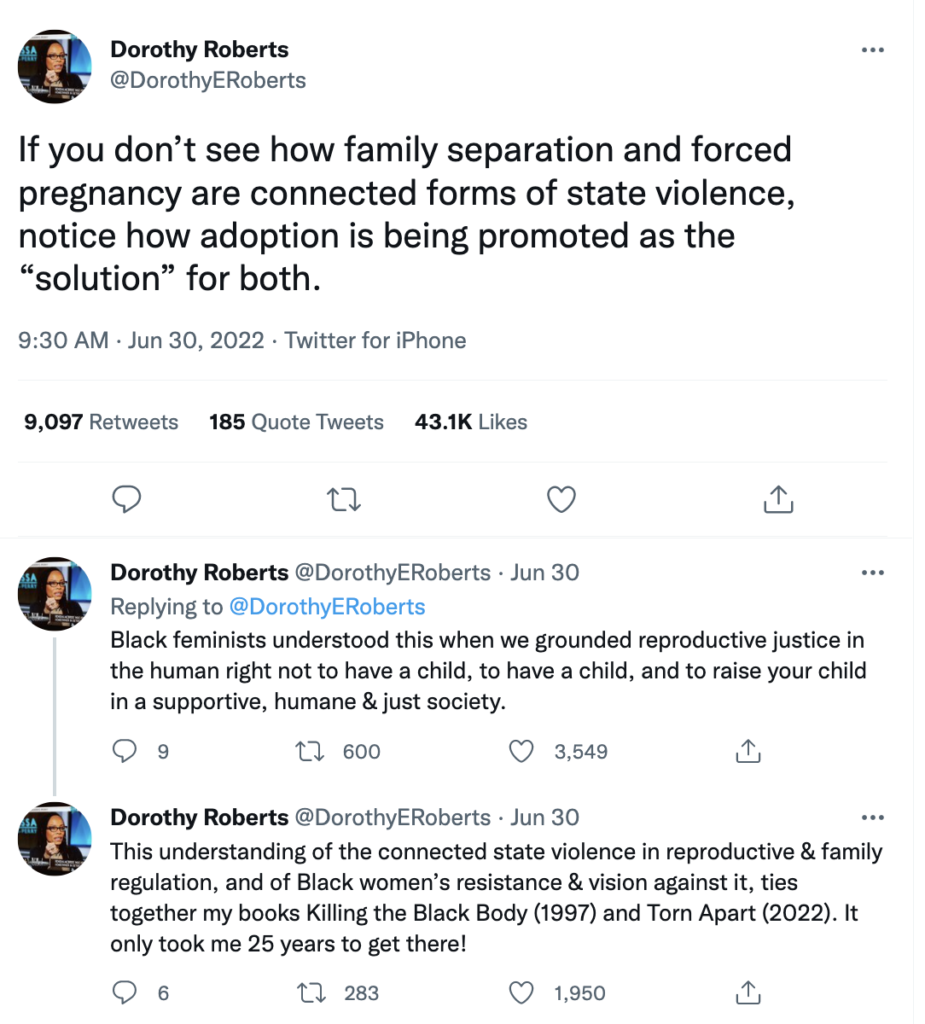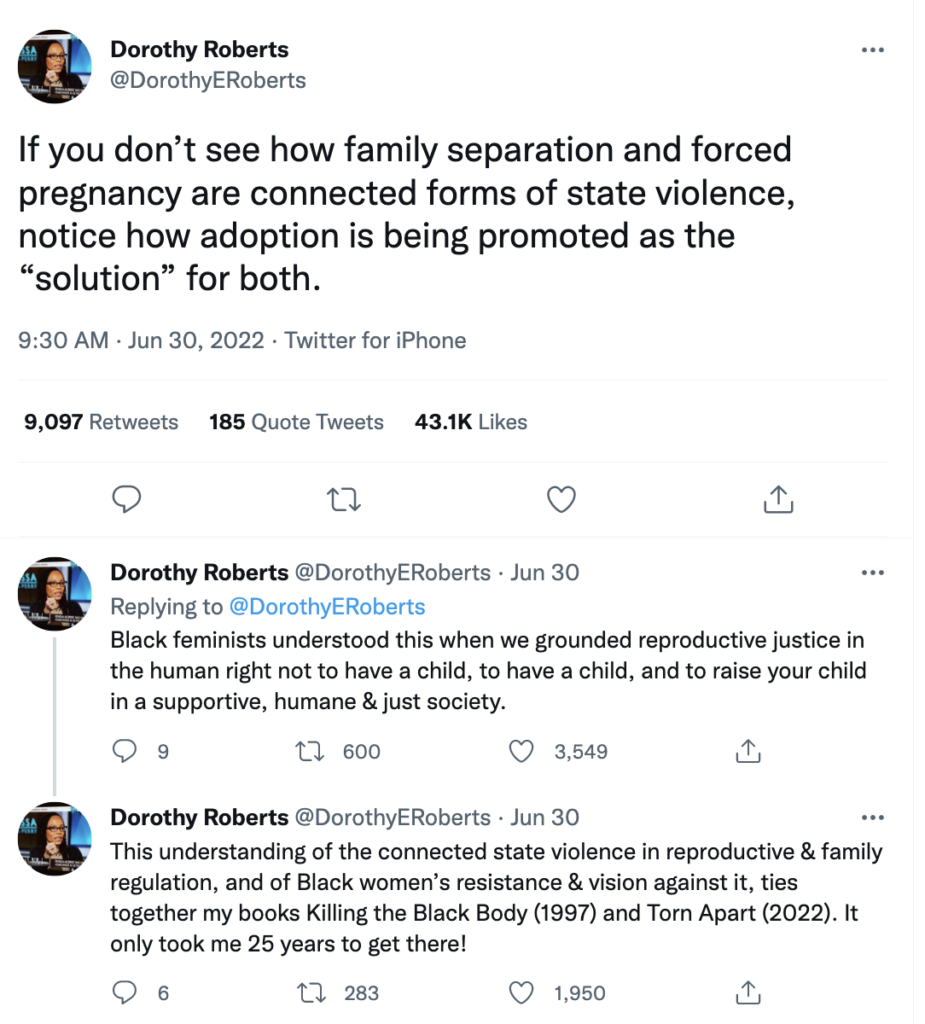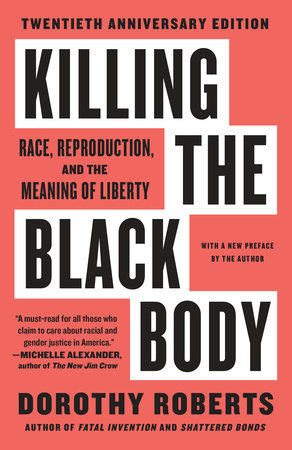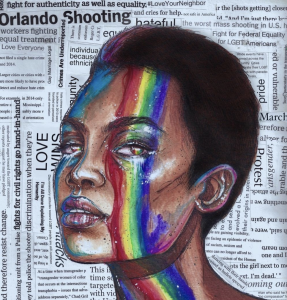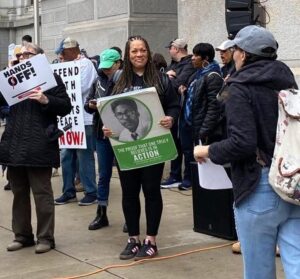https://www.youtube.com/watch?v=DPJKKDwCcfI
https://www.youtube.com/watch?v=ur1tvTUy2-A&t=1s
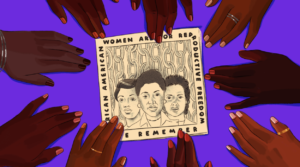 Simone Noronha, artist.
Simone Noronha, artist.
Reproductive Justice — Past, Possibilities and Policies
“Killing the black body was my attempt to explain the history of black women’s childbearing and ways in which the US government and private actors tried to constrain it from slavery until the present time.” — Dorothy Roberts, J.D.
Mississippi civil rights activist Fannie Lou Hamer once described the hysterectomy without her consent as a Mississippi appendectomy. This fierce freedom fighter could teach a master class in reproductive justice at a time there were no words to even name it. But it was bundled in the intensive battle against racism and stark inequality. Fast forward to the 21st Century. Black maternal death in the U.S. is the highest rate in the developed world – and the toll (three or four times higher than white women) is rising. Black women are more determined than ever to strip away gross structural racism and push for policies that affirm our right to the full ownership of our bodies within ourselves, our children and the communities we inhabit.
Killing The Black Body
In 1997, this groundbreaking book made a powerful entrance into the national conversation on race. In a media landscape dominated by racially biased images of welfare queens and crack babies, Killing the Black Body exposed America’s systemic abuse of Black women’s bodies. From slave masters’ economic stake in bonded women’s fertility to government programs that coerced thousands of poor Black women into being sterilized as late as the 1970s, these abuses pointed to the degradation of Black motherhood—and the exclusion of Black women’s reproductive needs in mainstream feminist and civil rights agendas.
 Dorothy Roberts, PhD is the George A. Weiss University Professor of Law & Sociology at the University of Pennsylvania, with joint appointments in the Departments of Africana Studies and Sociology and the Law School, where she is the inaugural Raymond Pace and Sadie Tanner Mossell Alexander Professor of Civil Rights.
Dorothy Roberts, PhD is the George A. Weiss University Professor of Law & Sociology at the University of Pennsylvania, with joint appointments in the Departments of Africana Studies and Sociology and the Law School, where she is the inaugural Raymond Pace and Sadie Tanner Mossell Alexander Professor of Civil Rights.

